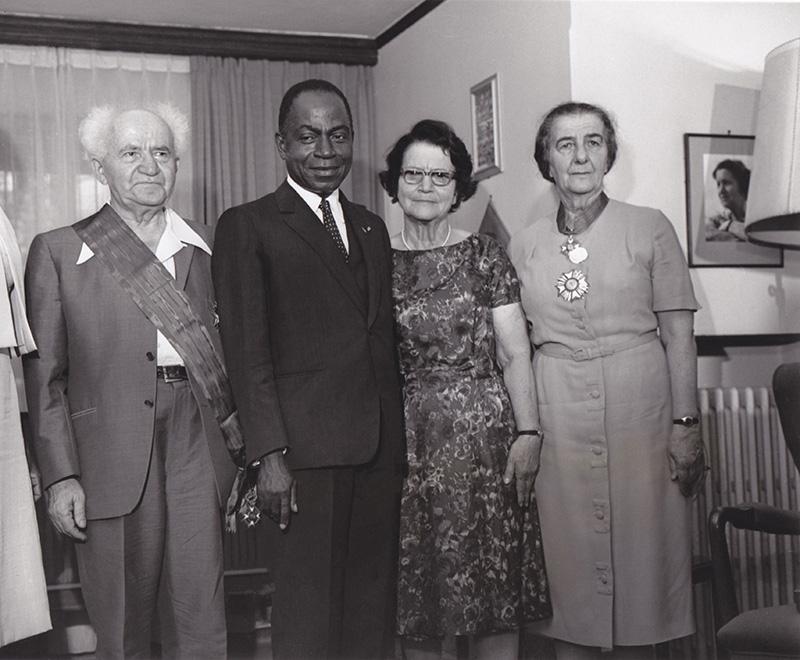The Center for International Cooperation of the Israeli Ministry of Foreign Affairs MASHAV, created in 1958, is committed to sharing Israel's social, educational and technological capabilities with countries around the world.
From its modest beginnings, MASHAV has today gone on to develop its activities in 140 countries, providing training each year to 100,000 people of both sexes, both in Israel and abroad.
Mashav's programs are based on the transfer of technological capabilities and the enrichment of human resources. The activities are intended to reinforce professional skills by combining theory with a practical approach, integrating research with the implementation of projects and adapting new technologies to respond to development priorities of the host countries.
The courses are conducted in four languages, Spanish, English, French, Russian, and cover five main fields: agriculture and related sciences, education and community development, social and economic development, medicine and public health, and urban and rural development.
The courses taught in Israel are courses of approximately 20 or 40 days, for which to obtain a scholarship, there are some procedures to follow, such as completing a form attaching certificates, as well as a medical certificate and sending everything to the Ministry of Foreign Affairs. or directly to the Embassy.
In cooperation with government ministries, professional and academic institutions, research centres, Mashav works in partnership with countries in the developing world and those whose economies are in transition to overcome their respective progress challenges in areas such as poverty relief. poverty, basic health care, food security, education and kindergartens, combating desertification, equality between the sexes, small and medium-sized enterprises and integrated rural development.
Participants who travel to Israel under the sponsorship of MASHAV receive scholarships that consist of lodging, food and the course itself, only having to cover the airfare.
There are various areas of knowledge in which prominent Mexicans have participated in the courses taught by the Study Centers with Academic Excellence in Israel: agriculture, education, health, public security; community, regional and municipal development, among others.
Therefore, the manifestation of the collaboration that Israel has with Mexico is shown in the work improvement of the professionals who have attended these courses who, upon their return, put into practice the knowledge acquired in their professional work for the benefit of their colleagues and for who work.
One of the most prominent examples of this is CICAD (International Training Center, Update and Consulting for Development); organization created by a group of former scholarship recipients, directed by Eng. Cristela Arámbula Villegas, who carried out studies on Didactics and Methodology for Education in 1991, in order to promote and execute collaborative actions between Israel and Mexico, through the realization of professional update courses with the participation of Israeli experts in areas of interest to promote the professional development of a greater number of Mexicans.
Likewise, Mashav offers courses on site, that is, Mobile Courses where Israeli experts travel to provide training on the spot, in all areas. For example, in Mexico, courses have been held in the states of Guerrero, Campeche, Veracruz, Chiapas, Yucatán, Quintana Roo, Michoacán, Tlaxcala, Jalisco, Morelos and in the Federal District, on different topics.
For more information, you can contact the Israeli Embassy, Tel. 5201-1526, or visit the website: www.mashav.mfa.gov.il
Jessica Toachi for MASHAV Affairs of the Israeli Embassy in Mexico
Center for International Cooperation of the Israeli Ministry of Foreign Affairs

